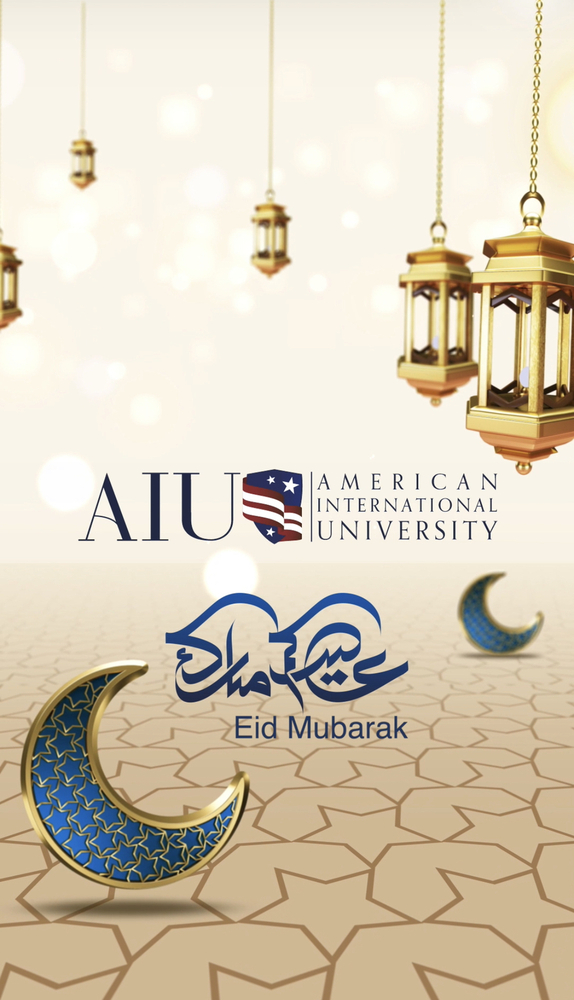Eid Al-Adha: A Time of Sacrifice and Unity
June 26, 2023

Eid Al-Adha, also known as the Festival of Sacrifice, holds great significance in the Islamic world. It commemorates the willingness of Ibrahim (Abraham) to sacrifice his son as an act of obedience to God. This blog will explore the importance of Eid Al-Adha, its traditions, and the values it promotes.
At the core of Eid Al-Adha lies the spirit of sacrifice. Muslims around the world observe this festival by performing the ritual slaughter of an animal, symbolizing Ibrahim's willingness to give up his most precious possession for the sake of God. This act teaches believers about the importance of selflessness, letting go of attachments, and submitting to a higher power. Eid Al-Adha is a time of unity and generosity. Families and communities come together to celebrate and share in the joy of this auspicious occasion. Muslims often distribute meat from the sacrificial animal to the less fortunate, ensuring that everyone can partake in the festivities. This act of generosity promotes a sense of compassion, solidarity, and social harmony.
Eid Al-Adha is celebrated by Muslims worldwide, representing the diversity of Islamic cultures. Each country and community adds its unique customs and traditions to the celebration. From the grand congregational prayers to vibrant cultural events and feasts, this festival showcases the rich tapestry of Islamic heritage and fosters understanding and respect among different cultures. Eid Al-Adha serves as a time for strengthening familial bonds. Families gather together, exchange gifts, share meals, and engage in joyful activities. It offers an opportunity for loved ones to reconnect, deepen relationships, and express gratitude for the blessings of togetherness. This sense of familial unity contributes to the overall fabric of society, promoting stability and harmony.
Eid Al-Adha is a time of reflection and spiritual renewal. Muslims engage in prayer, self-reflection, and repentance, seeking forgiveness and spiritual growth. It provides an occasion to evaluate one's actions, intentions, and relationships, fostering personal development and a deeper connection with one's faith. This period of introspection encourages believers to embark on a journey of self-improvement and to strengthen their commitment to their values. Eid Al-Adha stands as a celebration that goes beyond religious boundaries, highlighting the universal values of sacrifice, unity, generosity, and family. It serves as a reminder for individuals to live by these principles and contribute positively to their communities, fostering a world built on compassion, understanding, and harmony.

